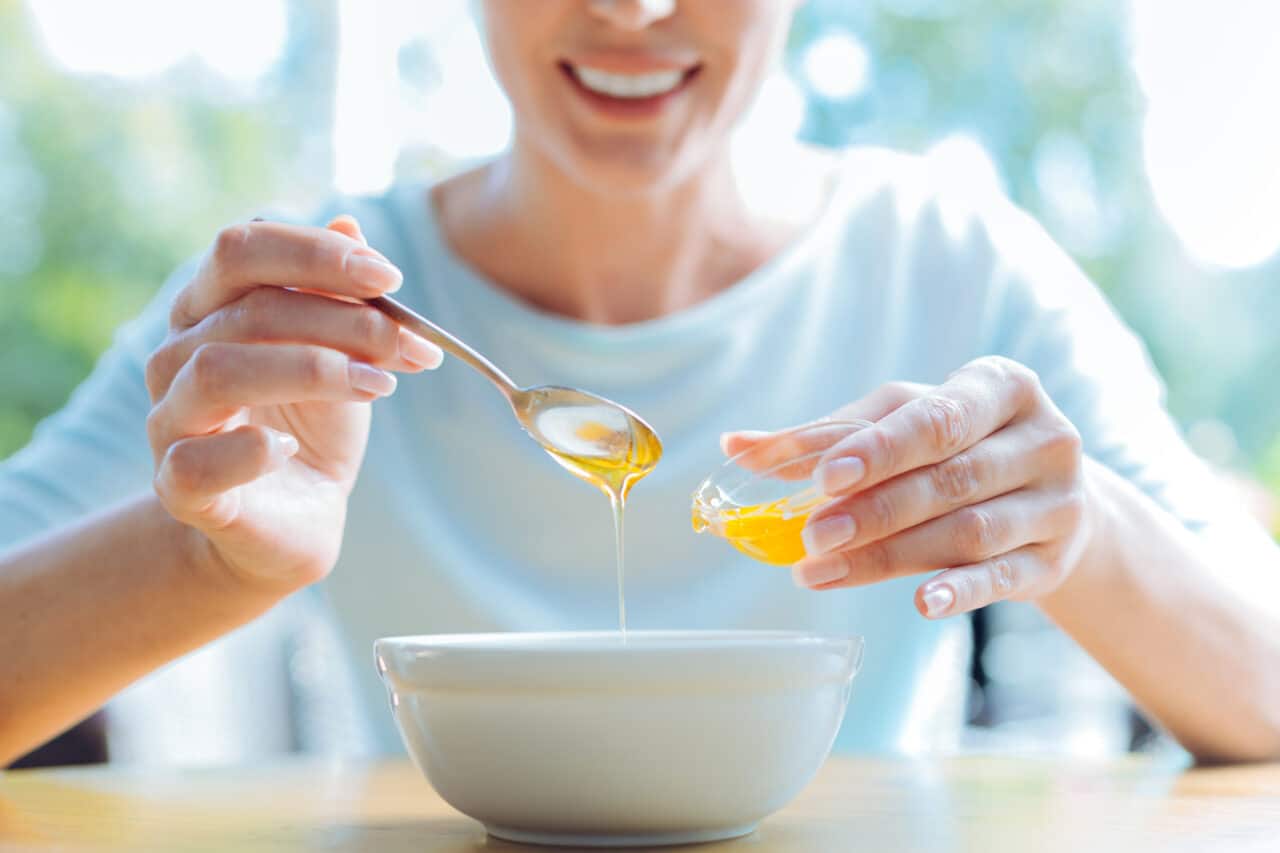
In Lubbock, Texas, Cal Brints, a local honey producer, thinks local raw honey is the bee’s knees as a treatment for seasonal allergies. But don’t stock up on jars of the sweet stuff just yet—the effectiveness of honey as part of an allergy management strategy is unclear.
How Honey May Soothe Symptoms
According to Mr. Brints, when bees collect pollen and nectar from plants, they bring pollen back to the hive, which inadvertently becomes part of the honey they make. He claimed that a spoonful of local raw honey has enough pollen in it to help the body develop an immunity to cotton, the primary allergen in Lubbock.
Mr. Brints also noted that those who work in agriculture have known about the healing properties of honey for allergies for years.
“We have many people that take a little bit of honey every day and that will act to have less of a reaction whenever you breathe in that cotton pollen,” Brints said.
What the Research Shows
While Mr. Brints’ anecdotal evidence is compelling, study results are mixed about how much honey can help with allergies.
A 2020 mini review of studies found that patients who ate honey experienced “remarkable improvements against certain types of allergic illnesses.” However, a study published in 2002 found that people who ate pasteurized or local honey did not have any reduction in their allergy symptoms.
Your Best Bet at Finding Relief
If you’re dealing with the sneezes and sniffles caused by seasonal allergies, turn to the tried-and-true method of allergy treatment—immunotherapy (allergy shots or drops). Immunotherapy is highly effective and can frequently lead to lasting relief of your symptoms even after you stop treatment.
To learn if immunotherapy is right for you, schedule a consultation with our allergy team.
“I came to be under Dr. Donovan's care during a medical emergency at the hospital. The care I received that day and in every interaction after, at Willamette ENT has been prompt, professional and very thorough. I feel very well cared for.”